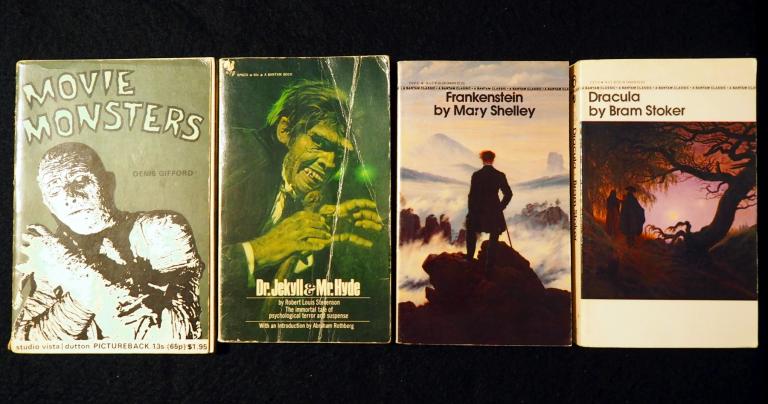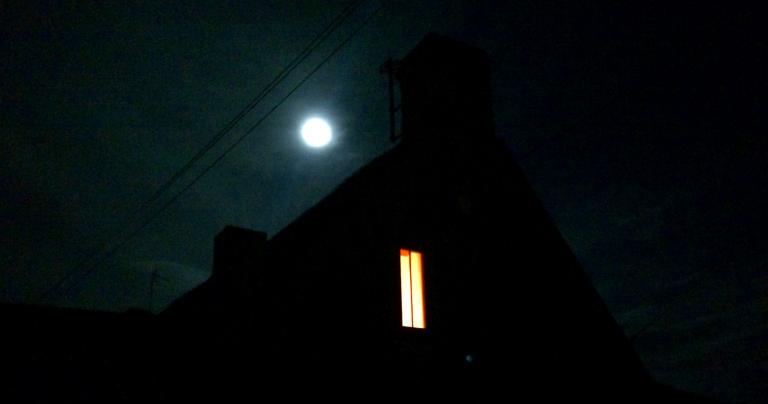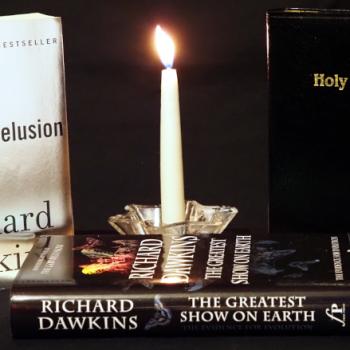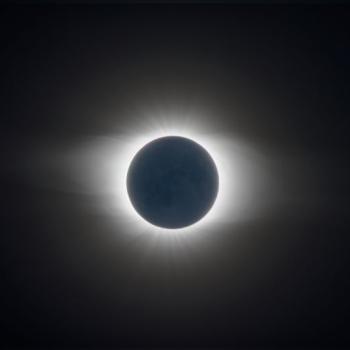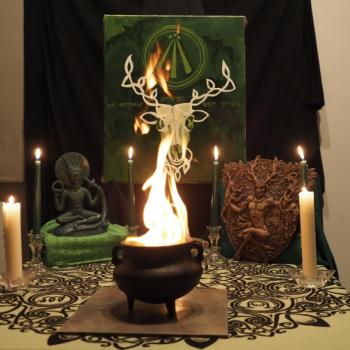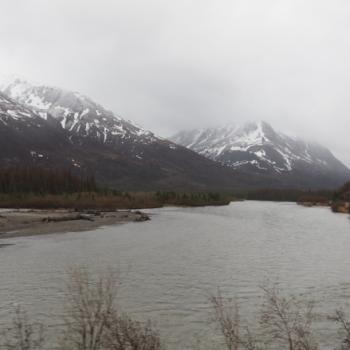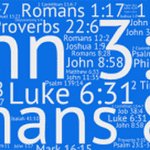In my recent post on The Necessity of Witchcraft, I pointed out that sometimes we have to deal with monsters, and sometimes we have to become a monster, at least for a while. This raised questions from people who didn’t understand what I meant, and also from people who wanted to assume I’m endorsing evil.
Whatever your feelings about monsters or your identity with them, it’s good to understand what goes into making a monster and why you probably should put the torch and pitchfork down.
What is a monster?
We don’t need a dictionary to know what a monster is – we already know. A monster is strange, ugly, and scary. A monster is dangerous.
A monster is other – not like us.
And because a monster is other, we don’t have to accept them or even tolerate them. If we feel threatened we can kill them with impunity.
I grew up watching the Universal “classic monster” movies of the 1930s and 40s: Dracula, Frankenstein, the Wolf Man, the Mummy. What do they all have in common? They were all human once. But something happened and now they’re monsters. Now they’re not-us.
Even the monsters we have sympathy for have to die. They are other, and we can’t take the risk of them contaminating society. Bram Stoker drew on centuries-old vampire legends when he created Dracula, but he also drew on the Victorian English fear of immigrants from Eastern Europe.
We are slightly less deadly when we encounter real monsters, but only slightly. They are other, and if we cannot kill them we still try to restrict and isolate them.
Who decides who’s a monster?
We know what a monster is, but how do we determine who’s a monster? It’s not always obvious – we don’t have people walking around with bolts in their necks or wrapped in bandages.
But we do have people who look different, who speak different languages, and who worship different Gods. A large segment of our society has decided they’re monsters and nothing is too extreme to keep them away from the rest of us – including building walls and throwing children into detention camps.
The rush to pass “bathroom bills” is rooted in the idea that transgender people are other and not to be trusted. Thankfully, this rush seems to be subsiding, due to a loud outcry against these cruel and discriminatory laws on grounds of compassion, finance, and evidence (or lack thereof).
For centuries, witches have been other, and those suspected of witchcraft were subject to execution, with or without a trial. In some parts of the world, they still are.
In all these cases, it’s those with power who decide who’s a monster and who’s eccentric but safe. Sometimes it’s the power of place (religious and government officials), while other times it’s the power of numbers (society at large). Nobody chooses to become a monster – those with power decide they are one.
When you’re the monster
I don’t think anyone has ever made it through puberty without feeling like a monster at least a few times. Your body changes suddenly, in ways that are unfamiliar to you. You have strange feelings and impulses that are hard to control. Meanwhile, society laughs at you, or is afraid of you, and in either case, constrains and constricts you with laws and policies that treat you like something dangerous.
Deep down, we all know what it’s like to be a monster – to be strange, ugly, and scary. Sometimes we grow out of it. Sometimes we don’t. Sometimes we can’t.
At the first Many Gods West conference in 2015, Elena Rose gave a presentation called “Loving Our Monsters.” Speaking from her experience as a trans woman, she asked “what do you do when society insists you’re a monster?” – when they insist that because of who and what you are, you’re inherently dangerous? Elena said that even monsters have families, ancestors, and Gods. And perhaps most importantly, we don’t have to identify with those who come to hunt us.
This is what those who say “monsters are evil – why would you identify with them?” don’t get. If we’re not harming anyone, it’s not our job to convince those in power that we’re not really other so they shouldn’t harass us. It’s their job to treat us with the dignity and respect due all persons.
And if they refuse to do that, they may see more monstrousness than they expect.
When you need a monster
Perhaps you’re perfectly normal, whatever that means. Perhaps you fit into the power structure so well your needs are always met and no one ever bothers you. If so, you’ll probably never need a monster.
But even as well as I can navigate the mundane world, there are times when I cannot get justice from the system. There are times when I’m attacked by people who do not fight by the Marquess of Queensberry Rules. And there are times when I’m reminded that the system is not set up for my benefit, or the benefit of those I love, or the benefit of the vast majority of persons – human and otherwise – in the world.
Any society above the tribal level – and sometimes even those – is an uneasy bargain. It’s mostly good and usually better than the alternative, but it always fails someone… usually its most vulnerable members. So there are times when its rules must be transgressed. There are times when comfortable people need to be made uncomfortable.
There are times when you need a monster.
The cost of being a monster
The village witch lives deep in the forest, not on Main Street. Dracula lives in a castle high in the mountains. Werewolves keep their identity hidden, and take great care where they are during the full moon. Monsters are lonely people.
Our pluralistic society generally does better than homogenous societies. There are communities and subcultures centered around virtually every identity, attribute, and interest known to humanity. If the mainstream considers you a monster, you can find others like yourself, get support, and not be so lonely.
Together or separately, you may fight for acceptance – everyone has a right to dignity and respect. You may try to change – some things considered monstrous (legitimately or not) are painful and debilitating.
Or you may decide to be exactly who you are and do exactly what you do and let everybody else figure out how to deal with it.
Monsters and me
Monsters have been a part of my life… well, all my life. Sometimes the fictional monsters of movies and literature. Sometimes the monster I felt like because I didn’t fit in. Sometimes those society has branded as monsters.
Along the way I’ve learned a few things. If you treat other persons with dignity and respect – even if they’re monsters – they tend to do the same for you. If you bargain honorably – even with monsters – they tend to bargain honorably with you.
And I’ve seen people who were beautiful and powerful and perfectly normal behave in ways that were truly monstrous.
I’m not interested in reclaiming “monster” as a positive word. If the word bothers you, if it scares you, then you probably should be afraid.
Because what you have labeled as other is still here. And we aren’t going away.


